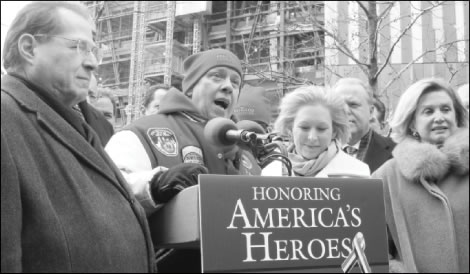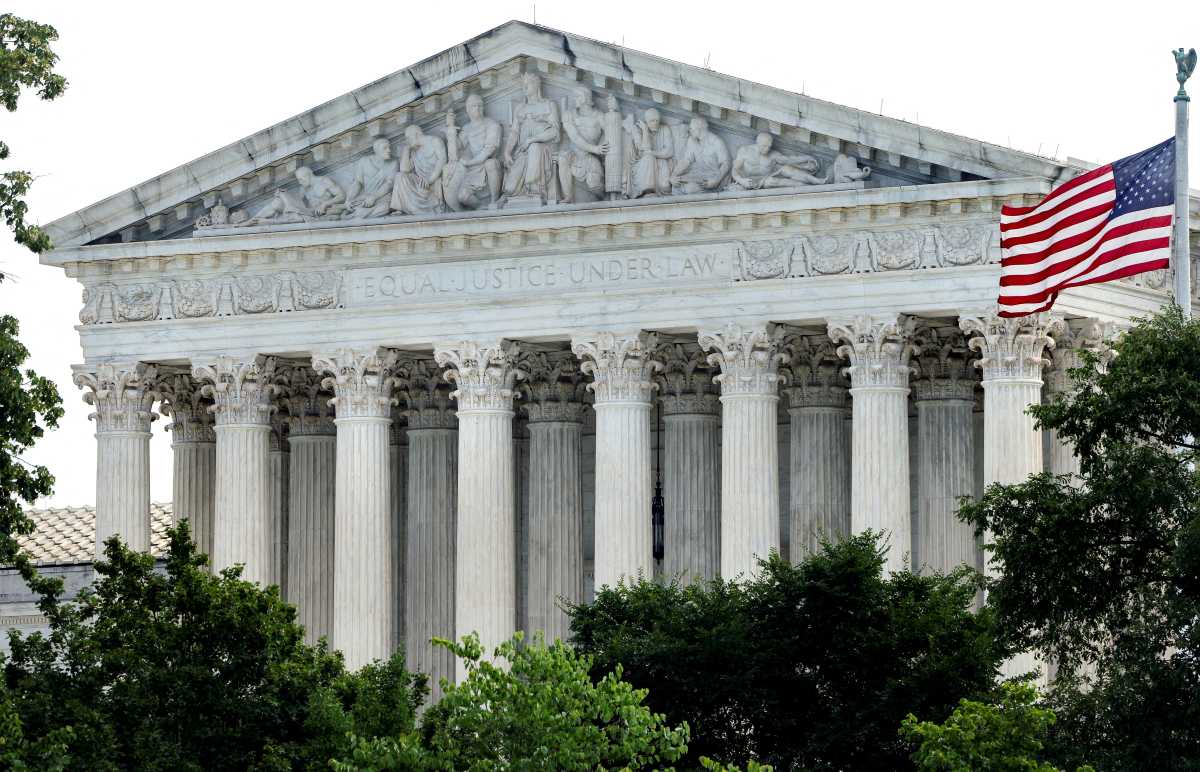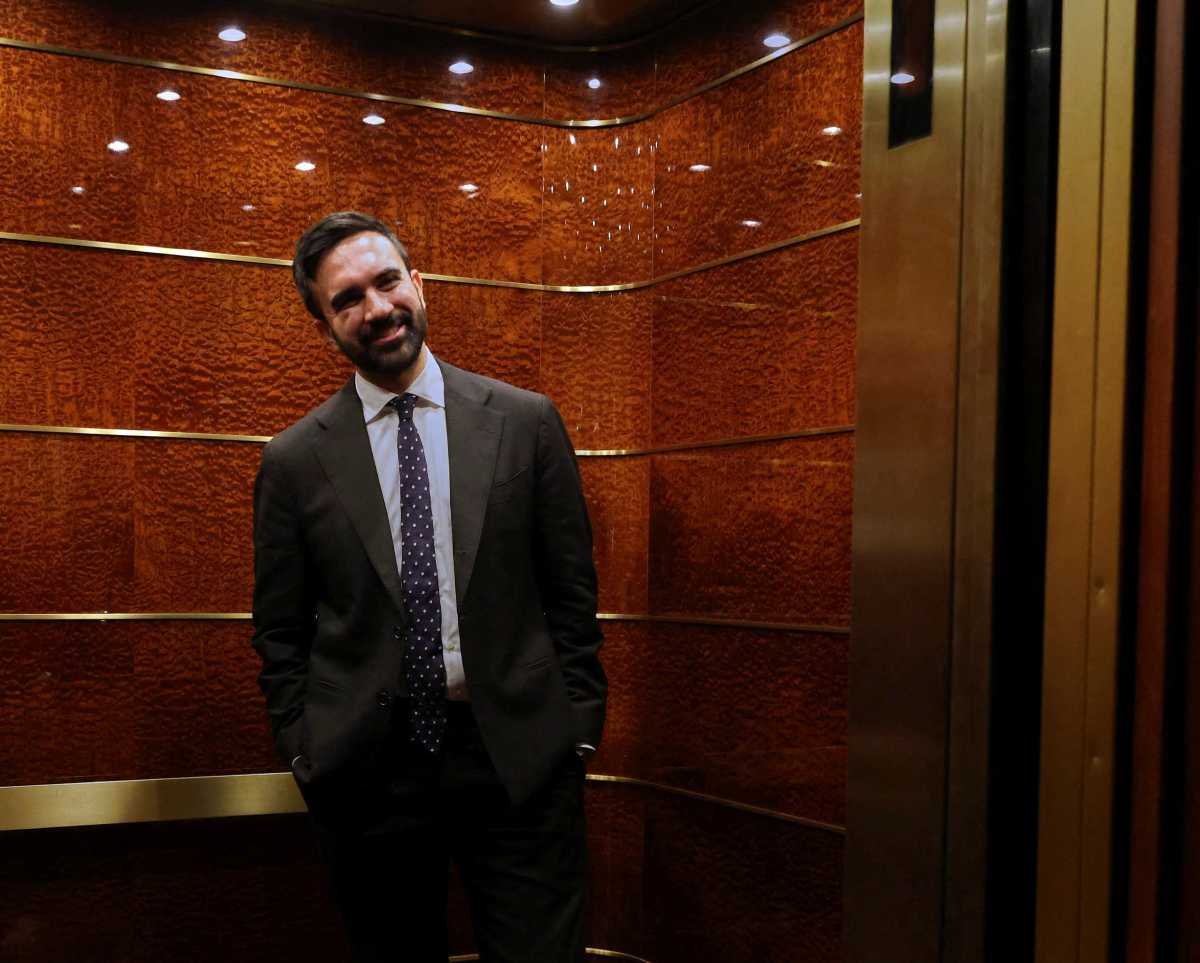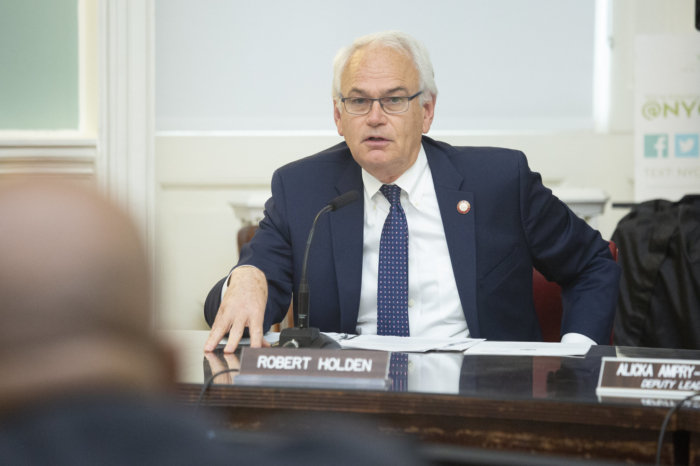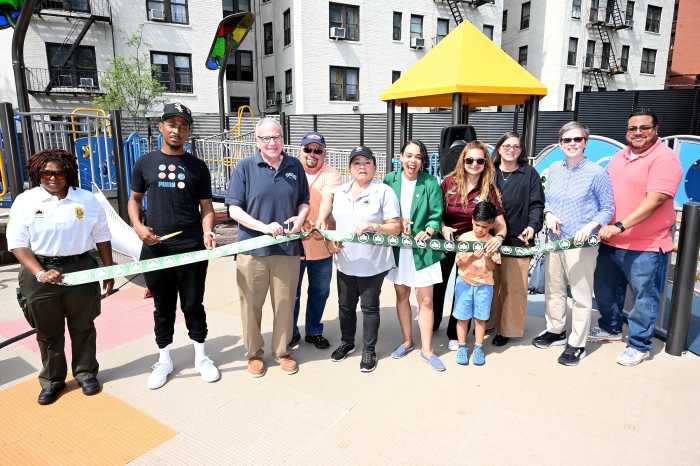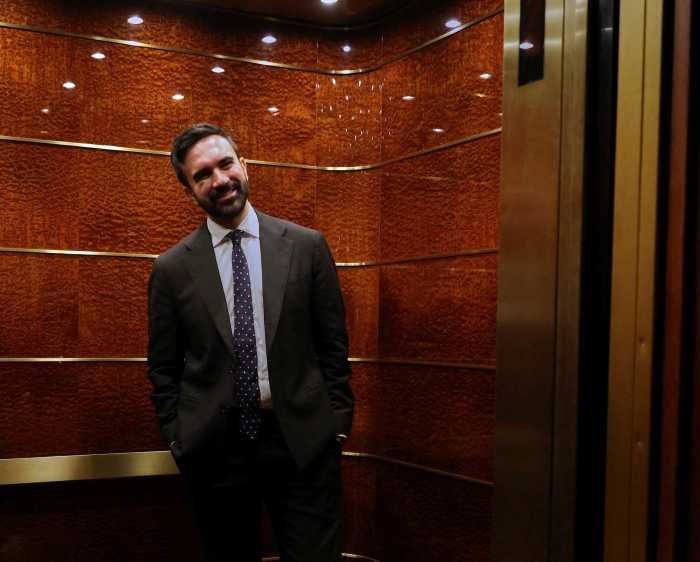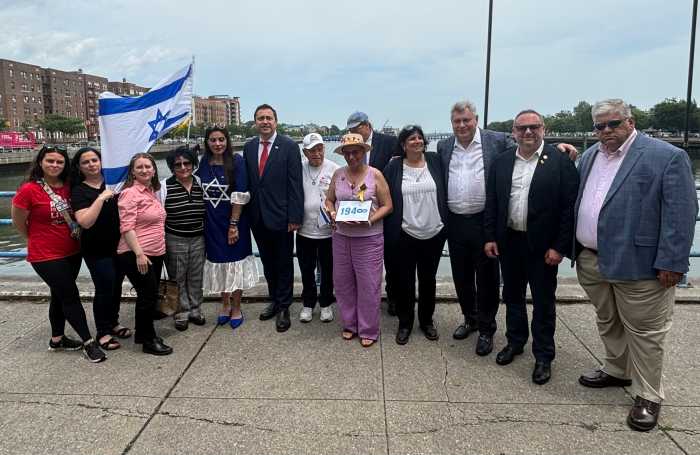BY Aline Reynolds
President Obama signed the James R. Zadroga 9/11 Health and Compensation Act into law on Sunday, marking the end of a seven-year-long battle to get the bill passed. But now, 9/11 victims that qualify for compensation must find a lawyer to represent them during arbitration and the FealGood Foundation, a nonprofit that assists 9/11 first responders and their families, hopes to aid in the search.
The Zadroga Act allocated $2.8 billion for compensation via the Victims Compensation Fund, the federal entitlement program set up immediately following the 9/11 attacks. A separate sum of $1.5 billion was established for medical treatment at designated W.T.C. Centers of Excellence — the W.T.C. Environmental Health Centers at Bellevue Hospital, Elmhurst Hospital and Gouverneur Health Care Services. Also on the list of designated clinics is the Fire Department of New York’s and Mount Sinai School of Medicine’s medical monitoring and treatment programs.
As for the V.C.F. portion of the bill, the funds are not expected to be available until the summer. FealGood Foundation attorney Sean Riordan and the foundation’s founder, John Feal, said they are now helping claimants find trustworthy and compassionate attorneys to ensure compensation.
The lawyers representing the 9/11 survivors must prove economic losses resulting from an injury their client incurred at or near Ground Zero or the other aircraft crash sites between September 11, 2001 and May 31, 2002. Riordan said that 9/11 survivors should shop around for the best representation.
“Just to be force-fed one lawyer doesn’t make sense,” he said. “You have to choose the one you have the best relationship with and the [most] confidence in.”
The people filing claims are mostly former first responders that were injured at Ground Zero or residents who lived below Canal Street and were exposed to the toxic dust cloud that formed after the Twin Towers collapsed.
The original V.C.F. program proved successful between 2001 and 2003. Most 9/11 victims were satisfied with the terms, and there were only two documented cases of fraud by claimants, according to a spokesperson for Congresswoman Carolyn Maloney.
The attorneys representing the victims appear in front of a special fund master appointed by President Obama, who will act as an arbiter for the distribution of the funds. Riordan compared the process to an administrative proceeding. “The attorney argues the side, they present evidence, and [the fund master] will make a ruling,” he said.
Since December 22, 2010, the day Congress passed the bill, several law firms have reached out to Feal, expressing interest in representing 9/11 survivors that are eligible for V.C.F. money.
“They all e-mailed me, pitched their firms to me,” Feal said. “It’s not for me to decide, but for me to put them all together, and let the 9/11 responders and volunteers and people of Lower Manhattan decide.”
He and Riordan are organizing a forum for early or mid-February, where 9/11 victims can meet the attorneys and decide which one is best suited to represent them. Feal is looking into several sites in Manhattan and elsewhere for the forum, including C.W. Post and the Nassau County campus of Long Island University, which the foundation has formed ties with. In the meantime, Feal and Riordan will have a closed meeting with the lawyers to discuss their legal strategies.
The lawyers, Riordan and Feal stressed, are expected to go beyond traditional roles in representing the victims. Experience in toxic tort law and medical knowledge, for example, is a big plus. “These [lawyers] should be walking to the table with some background on the 9/11 first responders,” said Riordan, since many of the first responders and other victims have uncommon illnesses, such as pulmonary fibrosis, sarcoidosis and asbestosis.
Feal also said the attorneys should be responsive to the individual needs of their clients, many of who are struggling financially due to costly medical expenses tied to their illnesses or injuries. And, finally, Feal said the attorneys should be compassionate.
“We’ve had enough politicians and lawyers,” said Feal. “We need a friend. A friend goes a long way these days for us.”
The law also places geographical limits for compensation. It states that candidates must have been “sufficiently close” to the crash sites at Ground Zero, Shanksville, Pennsylvania and the Pentagon, or along specified routes of debris removal. Riordan said work passes, affidavits or other documentation proving their location at the time of injury will be necessary.
Congresswoman Maloney’s spokesperson said there is a mechanism in place to allow new conditions, typically identified by the clinics, to be added to the list of types of healthcare covered under the new law. Feal and others are pushing for certain types of cancer, such as lung and colon, to be placed on the list.
The current list includes respiratory and musculoskeletal disorders, sleep apnea and asthma. Those with psychological disorders, such as post-traumatic stress, are also eligible for treatment at the health clinics.



